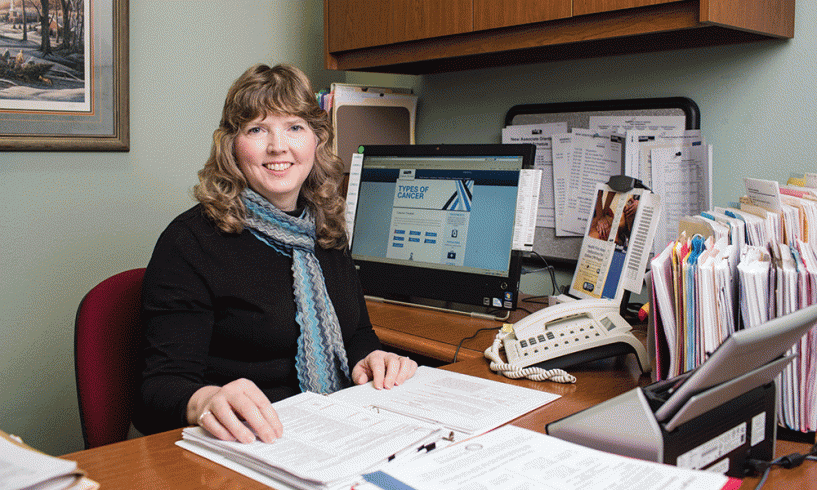The importance of a job interview cannot be overstated. In most cases, applications will have just one hour to give a future employer confidence that they can perform the job duties and make a good colleague. Think of the interview in terms of three C’s: communication, confidence, and competition.
Your work for the interview begins before you arrive. Research the industry, company, and role you will play. Focus on target key words in your industry to appropriately link your experience and qualifications to the position. Consider preparing a printed portfolio to bring with you—copies of your resume, research notes, questions for the recruiter, and your reference list. These should be neat and presentable.
Good interview etiquette will help make a positive impression. Arrive early with your phone or other devices silenced or off. Introduce yourself first with a handshake and a smile. Be positive and confident with your skills and experiences—putting yourself or past/current employer down will influence the impression left with the recruiter.
Your resume is, of course, important. But, for the interview, being able to discuss your resume is key. Come prepared to present your executive summary more specifically with examples demonstrating your claims; for example, if you have expressed you value patient-centered care, how have you demonstrated that in your work history? Specific examples will also be important in discussing the skills, aptitudes, results, and accomplishments that you have highlighted on your resume. You may also be asked to discuss your educational experience and certifications—courses taken and hands-on training.
Many recruiters may practice “behavioral interviewing.” An interview in this style will go beyond determining if you are qualified for the position. It will give you a chance to better understand your future responsibilities and opportunities, as well as what success looks like within this role. You will also get a sense of your future employer’s managerial style. See the “Behavioral Interview Questions” sidebar for two approaches to answering these types of interview questions.
Two possible topics that may be challenging to discuss are gaps in unemployment and salary expectations. Employers need a clear sense of your employment history, because it helps them forecast your professional trajectory. Gaps in employment are common, and being asked to explain them is not a judgement. Discuss these gaps in a professional manner that avoids too much personal or inappropriate detail. Salary expectations can also be difficult because each party may have a different idea of appropriate compensation. Some key things to remember: Always be honest when discussing your salary history—this can be verified by the recruiter. Be realistic in terms of your experience and in light of your current salary. Be sure to research the salary for someone in your position in your region, with your education and number of years’ experience.
With all the work done to prepare for and excel in the interview, be mindful of so-called “deal breakers.” Appearing as arrogant and noncommittal, as well as too personal or familiar, can put off your interviewer. Avoid unprofessional communication, negative comments about previous employers and colleagues, and answering calls or texts. Other reasons candidates may not be hired can include not differentiating themselves from other candidates, having a poor understanding of the role, failing to follow the directions of the application process, and poor follow-up. And although follow-up is important—send an email thanking the interviewer for the opportunity, reinforcing interest—avoid writing more than one paragraph, trying to re-answer questions, or adding personal information.
Editor’s note: This article is a summary of a presentation given by Nicole Korak, MSN, FNP-C, senior director, Quintiles, at the 2016 ONS 41st Annual Congress.






